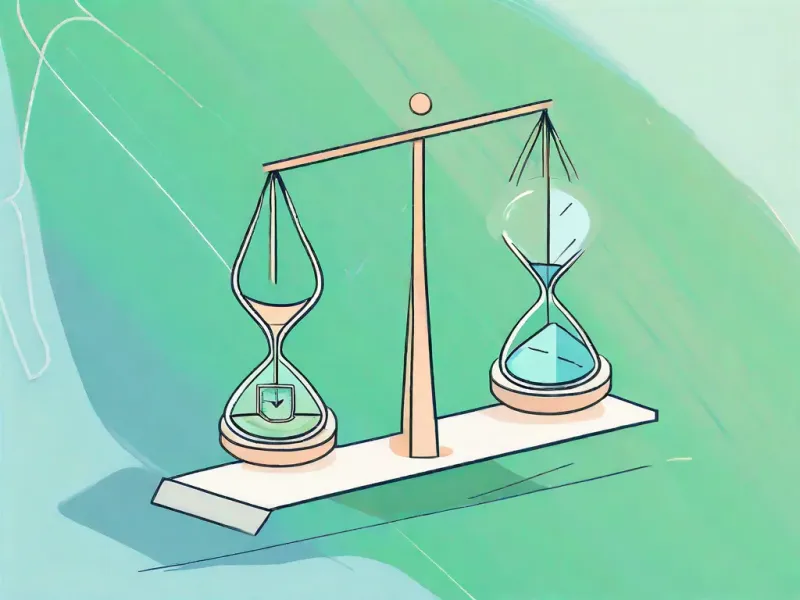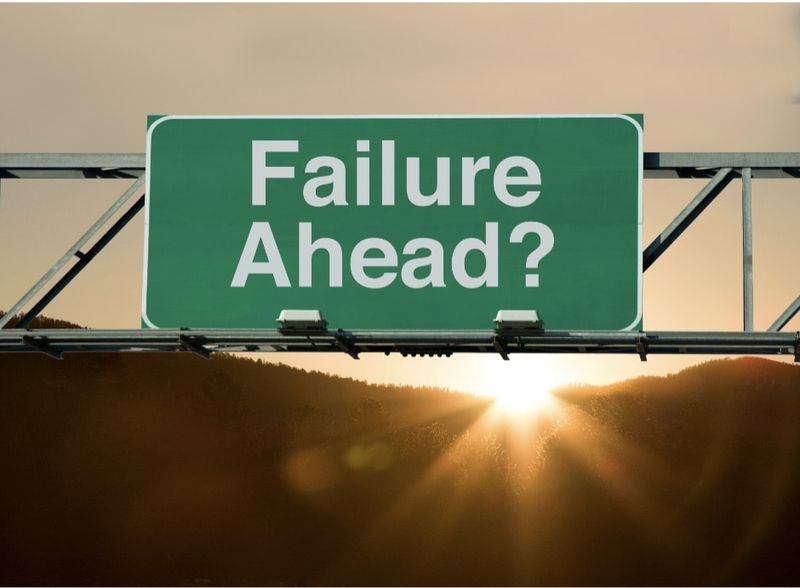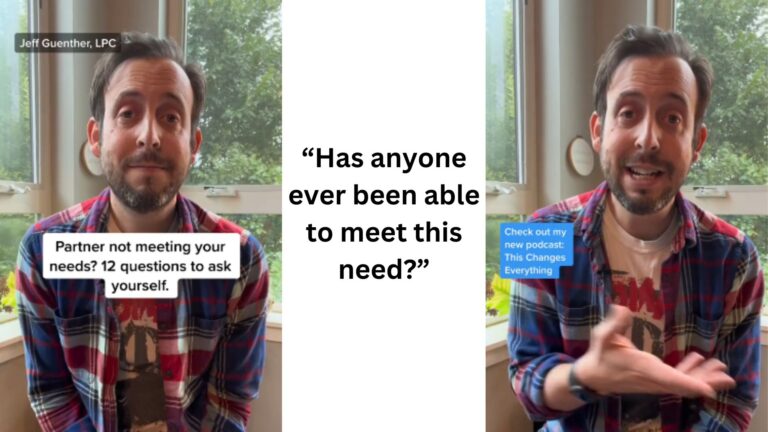18 Modern Habits That Boomers Quietly Think Are Making Us Soft
In a rapidly changing world, certain habits have emerged that older generations, particularly Boomers, quietly believe are making us soft.
While these habits reflect the advancements and conveniences of modern life, they also raise questions about resilience, self-reliance, and the value of traditional wisdom.
This blog explores 18 such habits, highlighting the contrast between then and now, and offering an observational look at how these practices might be shaping our lives.
1. Outsourcing basic life skills

In an age where convenience is king, the art of mastering basic life skills seems to be fading. Many young adults today opt for meal delivery services instead of preparing home-cooked meals. This shift signifies a broader trend of outsourcing skills that were once considered essential. The joy of handling everyday chores, like sewing a button or changing a tire, is lost in the pursuit of ease and efficiency.
Boomers often shake their heads, reminiscing about times when self-reliance was a badge of honor. While technology has provided us with efficiency, it might be chipping away at skills that foster independence. The balance between convenience and capability is something worth pondering.
2. Avoiding hard conversations with “it’s just my boundary”

In today’s emotionally aware society, setting boundaries has become a popular practice. While healthy boundaries are essential for well-being, they sometimes serve as an escape from difficult conversations. Younger generations frequently use this phrase to shield themselves from uncomfortable truths or challenging dialogues.
Boomers, who grew up in an era that valued direct confrontation, view this as dodging responsibility. The art of tackling hard conversations head-on is perceived to be waning. There’s an underlying concern that avoiding discomfort might hinder personal growth. Perhaps, embracing a bit of confrontation might lead to more profound understanding and stronger relationships.
3. Needing apps to complete everyday tasks

Digital assistants and apps have revolutionized the way we manage daily life. From grocery lists to meditation reminders, there’s an app for everything. While these tools offer unmatched convenience, they also create dependency. Boomers reminisce about the days when mental lists and handwritten notes sufficed.
Reliance on technology for such basic tasks can be seen as a crutch that prevents mental agility. The constant need for digital help might inhibit the development of problem-solving skills. While modern apps provide structure, there’s value in recalling and organizing thoughts manually. It’s a gentle reminder of the power of simplicity.
4. Turning minor inconvenience into burnout

In the hustle and bustle of modern life, minor inconveniences can quickly escalate into overwhelming stress. What once might have been a small bump in the road is now seen as a potential burnout trigger. Boomers, who grew up handling life’s unpredictabilities, often view this as an overreaction.
The tendency to magnify small challenges into major stressors reflects a shift in resilience. While mental health awareness is crucial, distinguishing between genuine pressure and manageable challenges is vital. Perhaps, cultivating a mindset of adaptability might reduce perceived burdens. It’s about finding the balance between acknowledging feelings and building fortitude.
5. Relying on validation from strangers online

Social media has transformed how we seek approval and validation. The younger generation often turns to online platforms to gauge self-worth based on likes and comments. Boomers, however, grew up in a world where validation came from personal achievements and face-to-face interactions.
This shift raises concerns about the impact of external validation on self-esteem. While connecting with a global audience offers opportunities, dependence on strangers’ opinions might erode genuine self-worth. It’s a reflection on the need for internal validation and the importance of nurturing self-confidence without digital applause. Resilience, after all, often starts from within.
6. Needing constant praise to stay motivated

In the contemporary workplace, frequent praise and feedback have become standard. Younger employees often expect continual encouragement to remain motivated. Boomers, however, are accustomed to going long stretches without explicit recognition, viewing hard work as a reward in itself.
This shift highlights a potential fragility in motivation levels. While positive reinforcement boosts morale, it might also diminish the ability to self-motivate. The question arises: is it wise to depend on external praise to fuel ambition? Perhaps, rediscovering the intrinsic value of work and effort could pave the way for more sustainable motivation.
7. Avoiding discomfort at all costs

Comfort has become a modern-day luxury that many are unwilling to part with. From temperature-controlled environments to ergonomic furniture, discomfort is often avoided at all costs. Boomers, however, grew up in more resilient conditions, where enduring discomfort was part of life.
The aversion to discomfort suggests a broader unwillingness to face challenges. While comfort is desirable, it might stunt personal growth and resilience. Embracing discomfort can lead to greater adaptability and strength. It’s about understanding that growth often occurs outside the comfort zone, fostering a more robust sense of self.
8. Expecting purpose without putting in the time

In a world of instant gratification, the quest for purpose has taken a swift, sometimes unrealistic, pace. Many young individuals expect to find their life’s purpose without investing significant time or effort. Boomers, however, recall a time when discovering purpose was a gradual process, requiring patience and perseverance.
This expectation can lead to dissatisfaction and restlessness. The journey of finding purpose involves trial, error, and time. Rather than seeking immediate fulfillment, embracing the process might yield richer experiences. It’s about understanding that purpose is a path, not a destination.
9. Treating opinions like facts

In today’s digital age, opinions often masquerade as facts. The line between the two has blurred, with many treating subjective views as absolute truths. Boomers, who valued well-researched facts, see this shift as a potential threat to informed decision-making.
The rise of social media platforms has amplified this trend. While everyone is entitled to their opinion, distinguishing between fact and opinion is crucial. Encouraging critical thinking and embracing diverse perspectives might foster a more informed society. Acknowledging the difference can lead to healthier, more constructive conversations.
10. Always chasing “balance” instead of discipline

The quest for balance has become a dominant theme in modern life. Many seek a perfect equilibrium between work, leisure, and personal growth. Boomers, however, often relied on discipline rather than balance to achieve their goals.
This pursuit can sometimes lead to overindulgence in leisure at the expense of commitment. While balance is vital, so is the discipline to stay focused on long-term objectives. Embracing both can lead to a more fulfilling life, where responsibilities and relaxation coexist harmoniously. It’s about finding one’s rhythm without losing sight of ambitions.
11. Oversharing as a default

In the age of social media, oversharing has become commonplace. Many feel compelled to broadcast the minutiae of their lives for public consumption. Boomers, however, often cherish privacy and discretion, valuing personal boundaries.
This habit of sharing every detail can dilute the depth of genuine connections. While openness fosters connection, discernment should guide what is shared and with whom. Balancing transparency with privacy might nurture more meaningful relationships. It’s a gentle reminder that some moments are best cherished quietly, away from the public eye.
12. Calling effort “toxic” when it’s just hard

The discourse around work has shifted, with challenging tasks often labeled as toxic. The younger generation sometimes views effort as harmful if it’s demanding. Boomers, however, recall a time when hard work was seen as character-building.
This perspective might undervalue the benefits of pushing through difficulties. While acknowledging genuine toxicity is important, equating effort with negativity can limit growth. Embracing challenges might lead to greater resilience and opportunities. It’s about recognizing the difference between genuinely harmful situations and those that require grit.
13. Dismissing older wisdom as outdated

The wisdom of previous generations is sometimes brushed aside as obsolete. Younger individuals may dismiss traditional knowledge, favoring new-age solutions. Boomers, however, hold a wealth of experience that offers valuable insights.
While innovation is crucial, blending it with older wisdom can lead to more rounded solutions. Recognizing the value of both perspectives might bridge generational gaps. It’s about honoring the past while embracing the future, not dismissing one for the other.
14. Substituting outrage for action

In an era of digital activism, outrage often replaces concrete action. Many vent frustrations online, mistaking awareness for genuine change. Boomers, however, remember a time when activism was synonymous with tangible deeds.
This trend reflects a shift in how change is pursued. While raising awareness is vital, action solidifies beliefs into reality. Encouraging genuine engagement might lead to more impactful outcomes. It’s about moving from the digital realm to the real world, where change truly happens.
15. Never unplugging—even for a day

In a hyper-connected world, the thought of unplugging seems daunting. Many young individuals remain tethered to devices, even in moments of relaxation. Boomers, however, recall simpler times when disconnecting was part of life.
This constant connection can lead to burnout and diminished presence. Embracing occasional unplugging might rejuvenate the mind and foster genuine connections. It’s a gentle nudge to occasionally step away from screens and immerse oneself in the real world.
16. Believing any struggle is failure

Struggles are often perceived as failures in today’s fast-paced environment. The younger generation might view setbacks as signs of inadequacy. Boomers, however, see struggles as stepping stones to success.
This perception can deter perseverance and resilience. Acknowledging that failure is part of growth might inspire greater tenacity. It’s about redefining struggles as opportunities for learning and improvement.
17. Thinking feelings are facts

In a culture that values emotional intelligence, feelings sometimes overshadow objective reasoning. Younger generations might equate emotions with facts, leading to skewed perceptions. Boomers, however, emphasize the importance of distinguishing between the two.
This habit can impact decision-making and relationships. While emotions guide us, balancing them with rational thought might lead to more grounded outcomes. It’s about acknowledging feelings without letting them dictate reality.
18. Planning your escape instead of doing the work

In a world filled with distractions, planning escapes has become a common retreat. Many young individuals fantasize about getaways instead of engaging with work. Boomers, however, championed dedication and perseverance.
This habit reflects a desire for instant relief rather than long-term fulfillment. While leisure is necessary, delaying work can hinder achievements. Embracing the present task might enhance satisfaction and accomplishment. It’s about balancing dreams with responsibilities.







